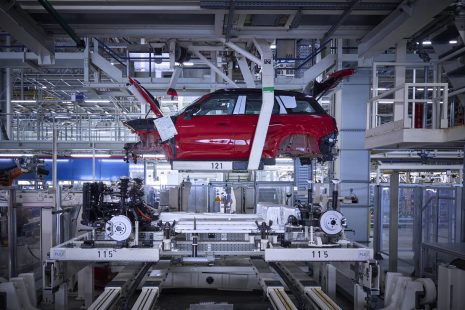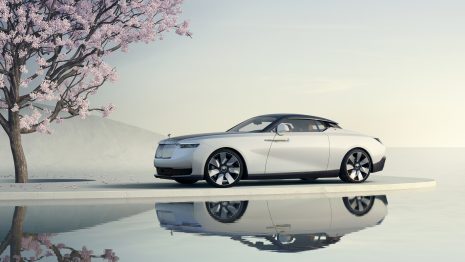
Volvo will abandon diesel engines starting from 2024
The intensified fight for environmental cleanliness in Europe in recent years has correspondingly complicated the lives of car manufacturers. They have had to either intensively electrify their models or make internal combustion engines (ICEs) more complex by adjusting their parameters to meet the required eco-standards. Alternatively, they have had to abandon ICEs altogether. Despite the fact that a complete transition to zero emissions is only planned for 2035, the process is gradually gaining momentum.
Volvo became the first company in Europe to decide to abandon the least environmentally friendly diesel engines. During the ongoing Climate Week in New York, top managers of the Scandinavian brand announced that they would completely stop producing diesel engines from the beginning of next year. By 2030, the Swedes plan to completely get rid of internal combustion engines and become a fully carbon-neutral car manufacturer within ten years.
Commenting on this decision, Jim Rowan, CEO of Volvo Cars, noted that it was a logical continuation of the company’s decision to stop developing new ICEs as early as late 2022. According to the company’s management, the only correct choice is a complete transition of road transport to electricity.
It is worth noting that today, Volvo offers diesel engines for sedans S90, wagons V90 and V60, and crossovers XC40 and XC90 in its European lineup. All these models are so-called mild hybrids with a starter-generator. Full hybrid powertrains are only available with petrol engines.
At the same time, according to statistical data from Volvo itself, demand for Recharge category cars (electric vehicles and plug-in hybrids) has increased both in Europe and beyond. Therefore, Volvo’s “hasty” abandonment of diesel engines is not surprising.




